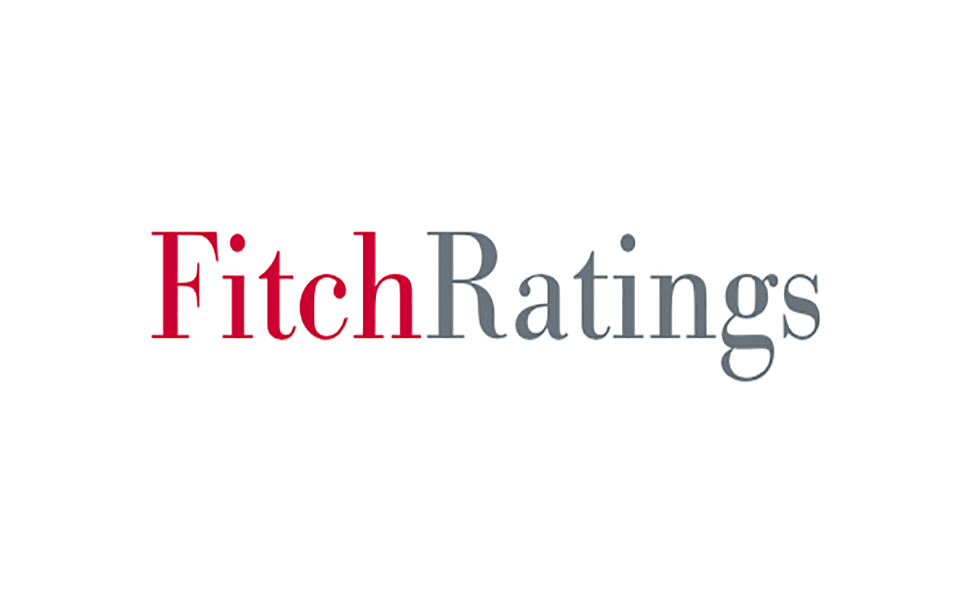APAC to face Russia-Ukraine war heat on higher energy dependence

By MG News | April 06, 2022 at 11:30 AM GMT+05:00
April 06, 2022 (MLN): Direct trade links with Russia or Ukraine are limited for most Asia-Pacific (APAC) sovereigns. However, import dependence on energy and, in some cases, food means that higher prices will generally be a headwind for APAC sovereigns, pushing up subsidies and current account imbalances across the region, while buoying the few commodity exporters, the latest report by Fitch Rating said.
APAC would experience a medium impact rating under a potential adverse macroeconomic scenario involving stagflation amid sharply reduced growth, the surge in global oil prices, prolonged higher inflation and interest rates. The rating impact may involve numerous outlook changes, some rating watches and a few possible rating changes, the report noted.
Many APAC sovereigns have relatively strong external buffers, but tighter global financing conditions and higher oil prices would exacerbate external funding risks for low-rated frontier market sovereigns.
APAC sovereigns have mostly maintained relatively low inflation and interest rates, but faster US monetary tightening in the adverse scenario and increased domestic inflationary pressures would likely reduce the scope for accommodative monetary policy settings.
Fiscal consolidation may also become more challenging due to slower growth in the region’s most important trading partners, tighter monetary policy, and higher subsidy costs. The adverse scenario could pose challenges for stabilizing and reducing debt from elevated post-pandemic levels.
Sovereign credit profiles in South Asia may be more at risk in the adverse scenario, given their limited fiscal headroom and potentially wider current account deficits, and weak FX reserves buffers in some cases.
While North Asian sovereigns may be more resilient. The region’s export-orientated economies would be hit by reduced global demand for manufactured goods and the energy price shock, but generally stronger sovereign balance sheets would make sovereigns in North Asia, including Greater China, more resilient.
Fitch believes China (A+/Stable) would take some counter-cyclical policy measures in the adverse scenario and assume that potential US-China tensions stemming from Russia’s invasion of Ukraine do not escalate to the point where they materially disrupt Chinese exports or growth.
Headroom and buffers among ASEAN sovereigns are mixed, being generally stronger than those in South Asia, but offering less of a buffer from shocks compared with sovereigns in North Asia.
The report highlighted that the divergence between energy importers and exporters under the adverse scenario is most pronounced in the Middle East and North Africa (MENA) due to the extent of subsidies. The region would have a mild to modest impact, meaning there would be very few potential changes and some outlook.
Direct trade and financial channels between Latin America and Russia and Ukraine are narrow and exposure to geopolitical risks from the war is also low. As producers and exporters of commodities (fuel, metals and agricultural products), some countries would clearly benefit from higher prices. However, this may be partly offset by slower US and China growth squeezing external demand.
Moreover, capacity constraints, lack of positive investment momentum in the commodity sector, and underlying political uncertainties in some oil- and metal-producing countries may limit
the upside from higher commodity prices. Higher inflation and monetary tightening would also weigh on domestic demand.
Energy rationing in Europe is a key part of our adverse scenario and would represent a significant economic shock, along with higher fuel prices. Reliance on Russian energy imports varies substantially across the region. However, non-energy trade and financial linkages are generally small, and some of the region’s highest-rated sovereigns have considerable headroom to absorb shocks.
Going by the report, North America is the least affected under the adverse scenario. As a commodity exporter, Canada (AA+/Stable) benefits from higher oil and cereal prices. It has a large, diversified domestic market, which would balance external shocks, although its economy is also sensitive to rapidly rising interest rates, especially considering its long-term build-up of private-sector debt and its inflated housing market. Canada’s one-notch downgrade during the pandemic would also provide some rating headroom to absorb the mild economic impact of higher interest rates.
Copyright Mettis Link News
Related News
| Name | Price/Vol | %Chg/NChg |
|---|---|---|
| KSE100 | 131,949.07 198.95M |
0.97% 1262.41 |
| ALLSHR | 82,069.26 730.83M |
0.94% 764.01 |
| KSE30 | 40,387.76 80.88M |
1.11% 442.31 |
| KMI30 | 191,376.82 77.76M |
0.36% 678.77 |
| KMIALLSHR | 55,193.97 350.11M |
0.22% 119.82 |
| BKTi | 35,828.25 28.42M |
3.64% 1259.85 |
| OGTi | 28,446.34 6.84M |
-1.02% -293.01 |
| Symbol | Bid/Ask | High/Low |
|---|
| Name | Last | High/Low | Chg/%Chg |
|---|---|---|---|
| BITCOIN FUTURES | 108,125.00 | 110,525.00 107,865.00 |
-2290.00 -2.07% |
| BRENT CRUDE | 68.51 | 68.89 67.75 |
-0.29 -0.42% |
| RICHARDS BAY COAL MONTHLY | 97.50 | 0.00 0.00 |
0.75 0.78% |
| ROTTERDAM COAL MONTHLY | 106.00 | 106.00 105.85 |
-2.20 -2.03% |
| USD RBD PALM OLEIN | 998.50 | 998.50 998.50 |
0.00 0.00% |
| CRUDE OIL - WTI | 66.50 | 67.18 66.04 |
-0.50 -0.75% |
| SUGAR #11 WORLD | 16.37 | 16.40 15.44 |
0.79 5.07% |
Chart of the Day
Latest News
Top 5 things to watch in this week
Pakistan Stock Movers
| Name | Last | Chg/%Chg |
|---|
| Name | Last | Chg/%Chg |
|---|




 Central Government Debt
Central Government Debt
 CPI
CPI